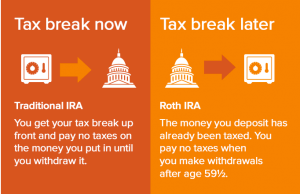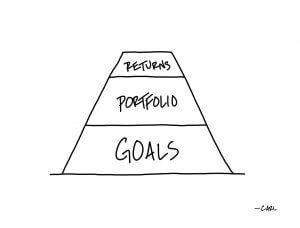
Changing Jobs? What Should I Do With My 401(k)?
RetirementJun 18, 2025
You just landed that awesome job that is going to take your career to the next level. First of all, congratulations on the move. You have a lot of things that need to get taken care of to make it a smooth transition. You have to worry about your healthcare, direct deposit, HR paperwork, manuals, etc. Oh, and of course you want to make sure you hit the ground running and make a positive impact quickly.
What about your 401(k)? What should you do with that? There are a few options to consider and you should take the time to explore them. Your first option is to cash it out and take a check. We rarely say financial suicide, but this is pretty close. Depending on your age and your balance, you can give up a lot of your savings to taxes and penalties. You would have to really convince us to entertain this option. The most compelling arguments would be financial hardships of some sort and since you just landed your dream job, that’s probably not the case.
Your second option would be to roll it over to your new company’s retirement plan. You just have to get the necessary paperwork together and make a phone call or two. The check gets made payable to the new 401(k) and you avoid any taxes or penalties. One advantage is that your new company’s retirement plan should have fairly competitive fees if your employer is meeting its fiduciary obligations to the plan. You shouldn’t assume that though. You should take the time to understand the fee structure and the limited investment options offered in the plan.
Your final option to consider is to open up your own Individual Retirement Account (IRA). In an IRA, you are not limited to the investment menu that your employer chooses. You have access to multiple investments including stocks, bonds, mutual funds, ETF’s and even Real Estate. You will also have the opportunity to work with a Financial Advisor or CFP® Professional to manage your investments. That usually comes with a fee, so you have to consider that when deciding what to do.
Given the new job, maybe it is a good time to get a Financial Advisor that you can grow with and can help you plan for the future. That is a question for you to answer. It is worth mentioning that if your balance is above $7,000, most plans allow you to leave the money there. That could be a consideration if you really like the plan you have. Depending on where you’re at in life, it is probably worth the time to interview one or two Financial Advisors. You can refer to our piece on Choosing a Financial Advisor for some information on questions to ask. Your 401(k) may be your biggest asset at this point. Don’t take that lightly. Invest some time to review your options and determine what is best for you.


